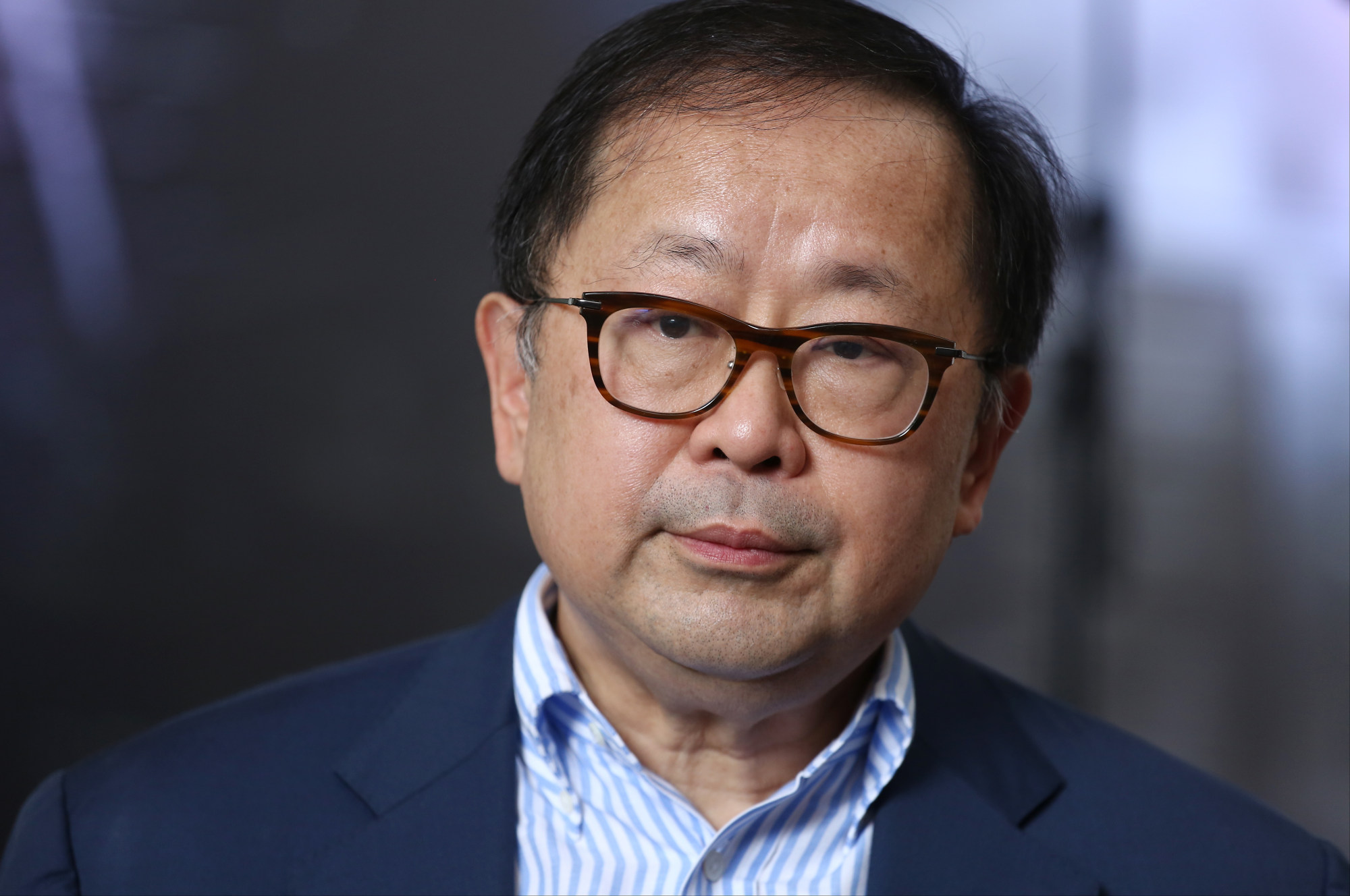Cocaine overtakes cannabis as drug of choice among young Hong Kong substance abusers
Overall, the total number of reported drug abusers of all ages rose from 5,363 in 2022 to 5,500 last year, with heroin the most commonly used, followed by cocaine and methamphetamine, commonly known as Ice.
Most of the 3,406 drug arrests last year were for offences related to cocaine.
Highlighting the dangers, the committee said in its report: “Cocaine abuse will not only cause physical and mental harm, but will also cost abusers their life savings, and burden them with enormous debts since they cannot get rid of the addiction to the drug.”
Committee chairman Dr Donald Li Kwok-tung said increased supply was the main reason for cocaine’s new popularity. “It was not so easy to get in the past,” he added.
He said the overall rise in abusers of all ages reflected changes as Hong Kong returned to normality last year after the Covid-19 pandemic, and the committee had urged relevant government departments to monitor developments closely and keep up various anti-drug efforts.

The dangers of cocaine abuse would figure in television and radio advertisements put out by the Security Bureau’s narcotics division this year.
The committee said it was also concerned about online drug traps, which included various groups that invited people to join drug-taking activities through instant messaging and dating applications.
“In some cases, drugs would also be associated with sex,” it said.
The narcotics division cautioned people to be wary when using social media and dating applications as drug dealers also used those platforms to lure buyers.
The term “reported drug abusers” refers to those who identify themselves as such to law enforcement agencies, social welfare organisations or NGOs, educational institutions and hospitals, as well as those who seek help voluntarily.
Although the number of young abusers fell, Leung said there were still more than 600 last year and they should not be overlooked.
Hong Kong young turning to ‘mainstream’ cannabis ‘due to misconceptions over harm’
Agreeing that the drug situation was related to the lifting of Covid-19 restrictions, he said: “As normality returned and people went back to their daily routines, including working in offices and dealing with interpersonal relationships or feelings of loneliness after work, some individuals may have turned to drugs to cope with their emotions.”
He said cocaine gained popularity among young abusers because of its reputation for causing fewer negative side effects such as palpitations, nausea, headaches and urinary incontinence, which were commonly associated with other drugs including ketamine or Ice.
The emergence of crack cocaine, derived from powdered cocaine, also allowed young abusers to mix the substance into cigarettes they shared.
“They would pool together a few hundred dollars to buy cocaine, which could be divided into several cigarettes and shared among themselves,” said Leung, who counsels young drug abusers.
Nick Tse Ka-wo, an assistant professor of applied social sciences at the HKCT Institute of Higher Education with two decades of experience in drug treatment and prevention programmes, said more young people might have switched to cocaine because of increased supply and lower prices.
Young people lured with Europe travel perks, cash to smuggle drugs to Hong Kong
He thought it might also reflect the effectiveness of government campaigns which highlighted the damage caused by other drugs, including vivid pictures and the message that “Ice can dissolve your brain”.
A construction worker taking part in an addiction treatment programme said using cocaine was costly, as users became addicted quickly and were always craving the next dose.
So Long-yin, 29, said he spent about HK$500,000 (US$63,900) over five years of using cocaine, and sometimes used up his entire month’s salary of HK$30,000 to HK$50,000 on the drug.
“Users typically experience a loss of appetite after taking cocaine, leading to prolonged periods of not eating and inadequate water intake. This can have severe, damaging effects on their health,” he said.
So was not arrested but decided eventually that he needed help and went to the drug addiction rehabilitation centre where he is being treated.